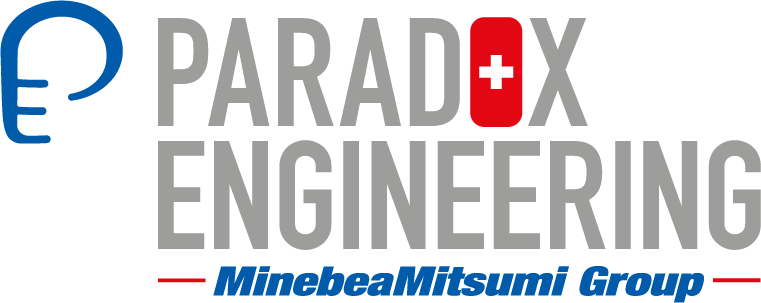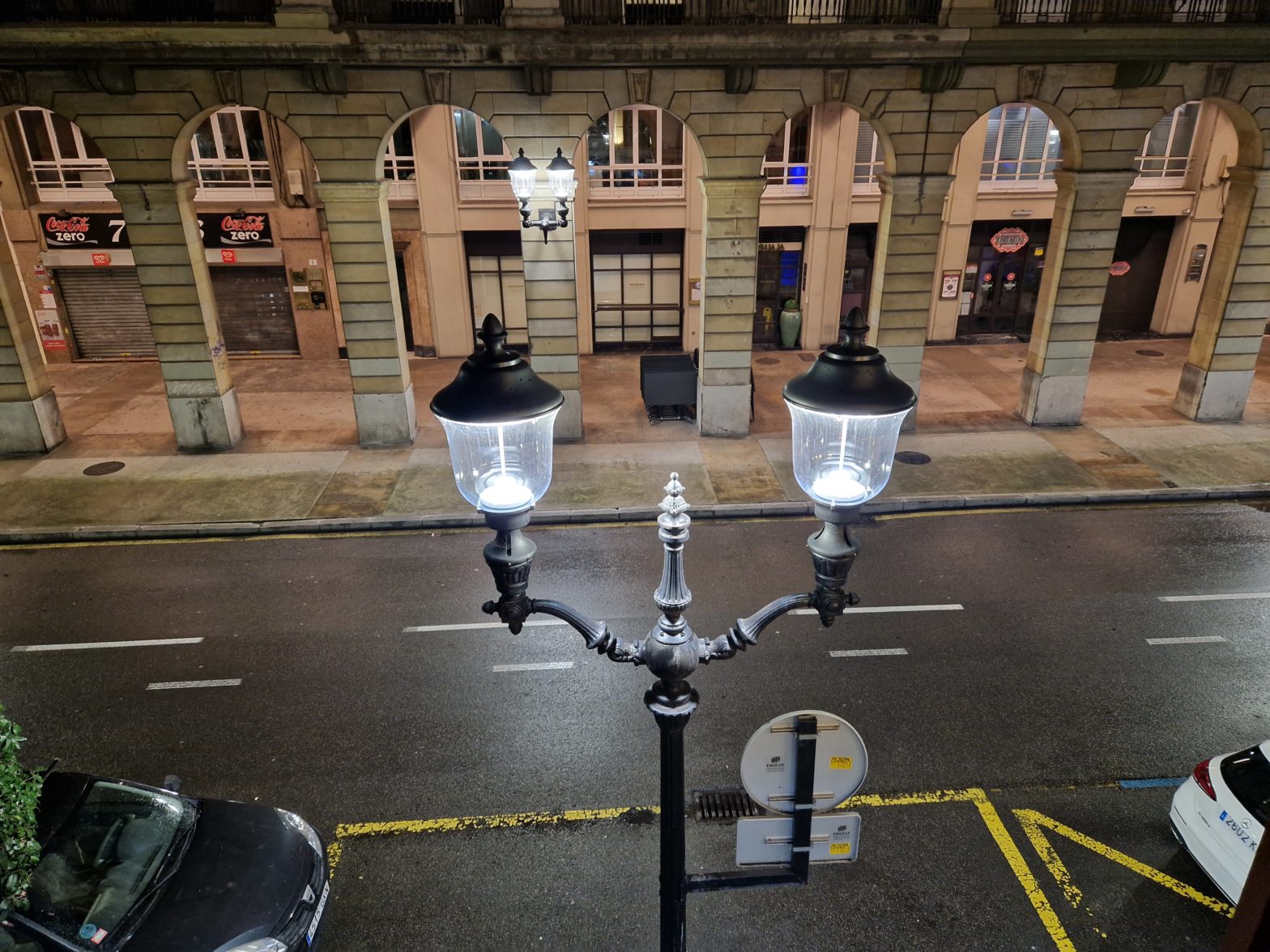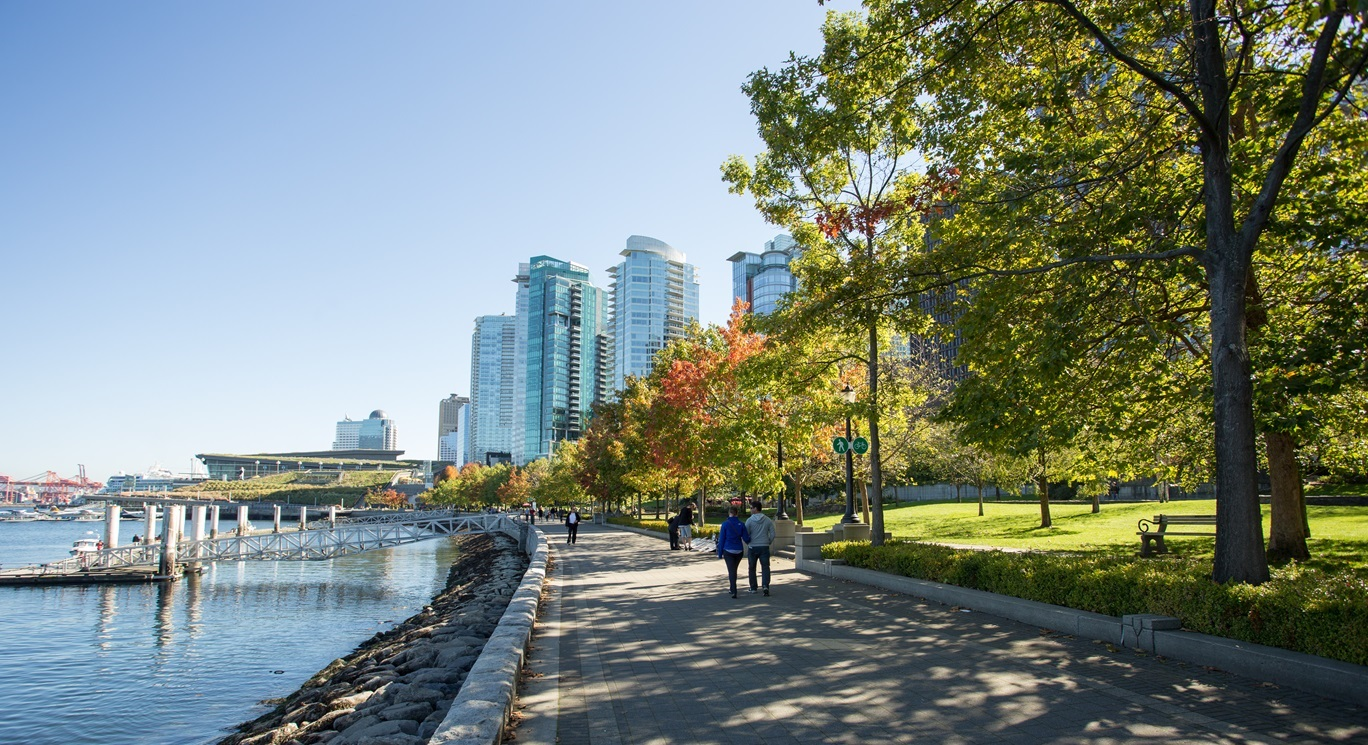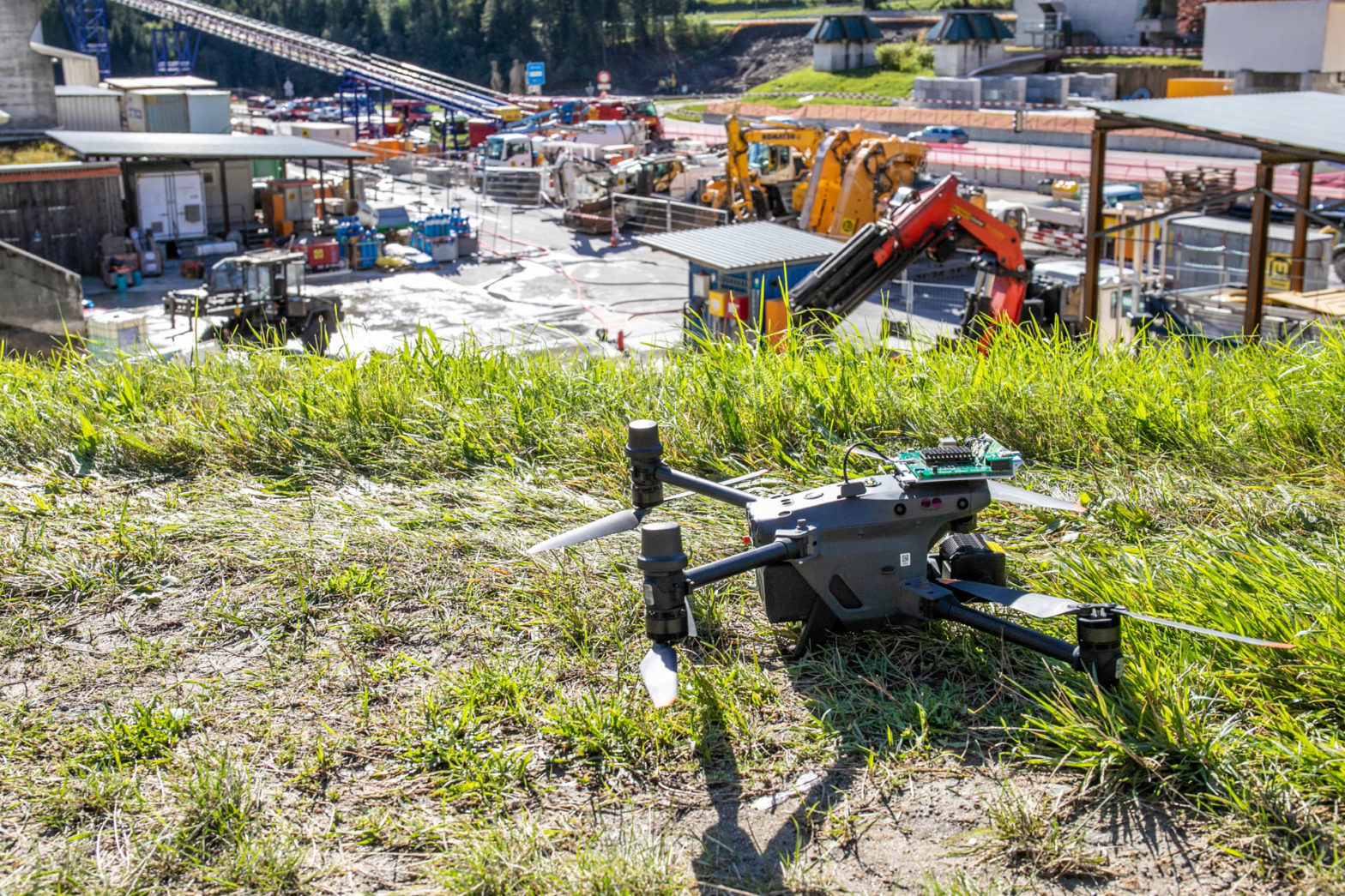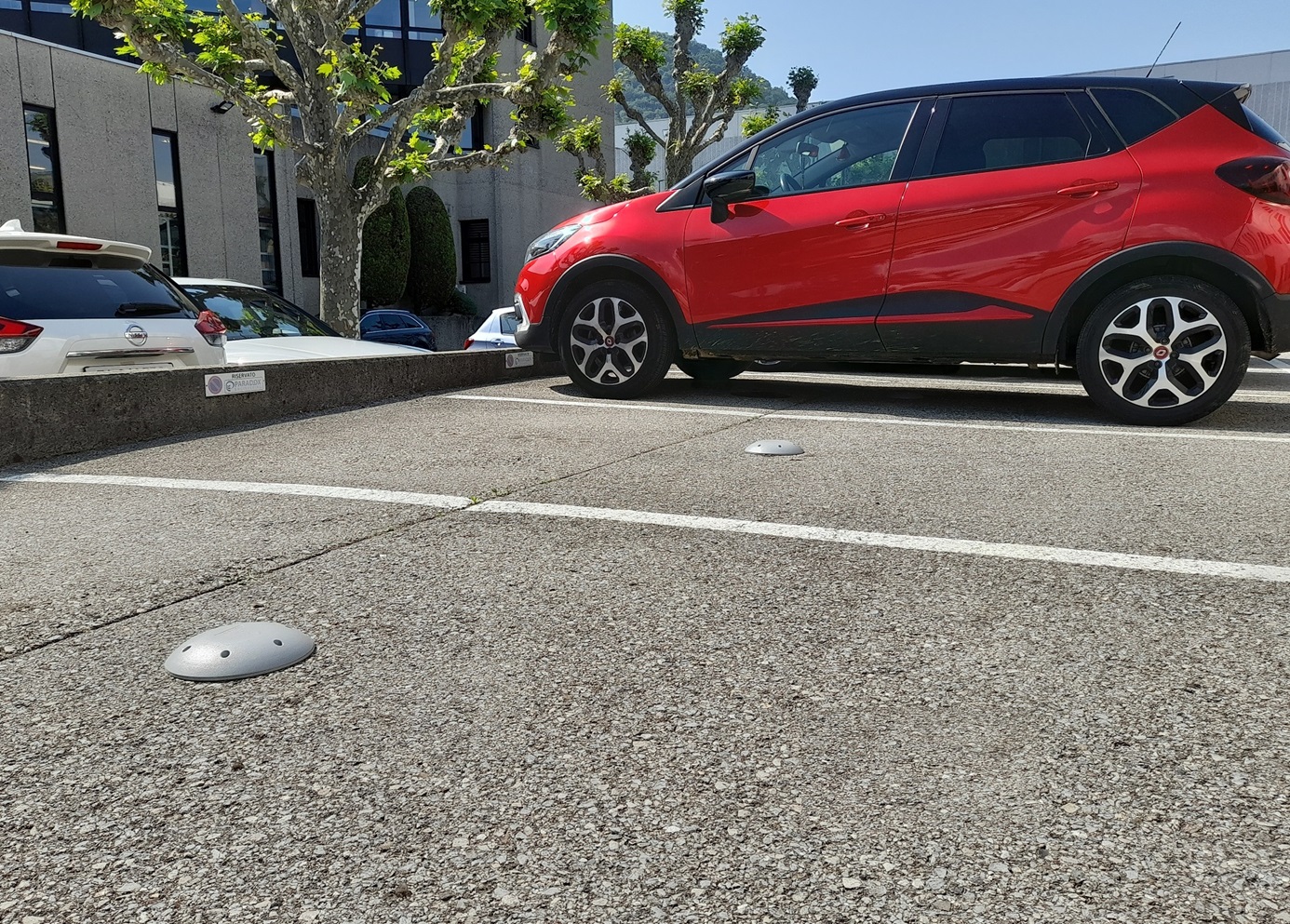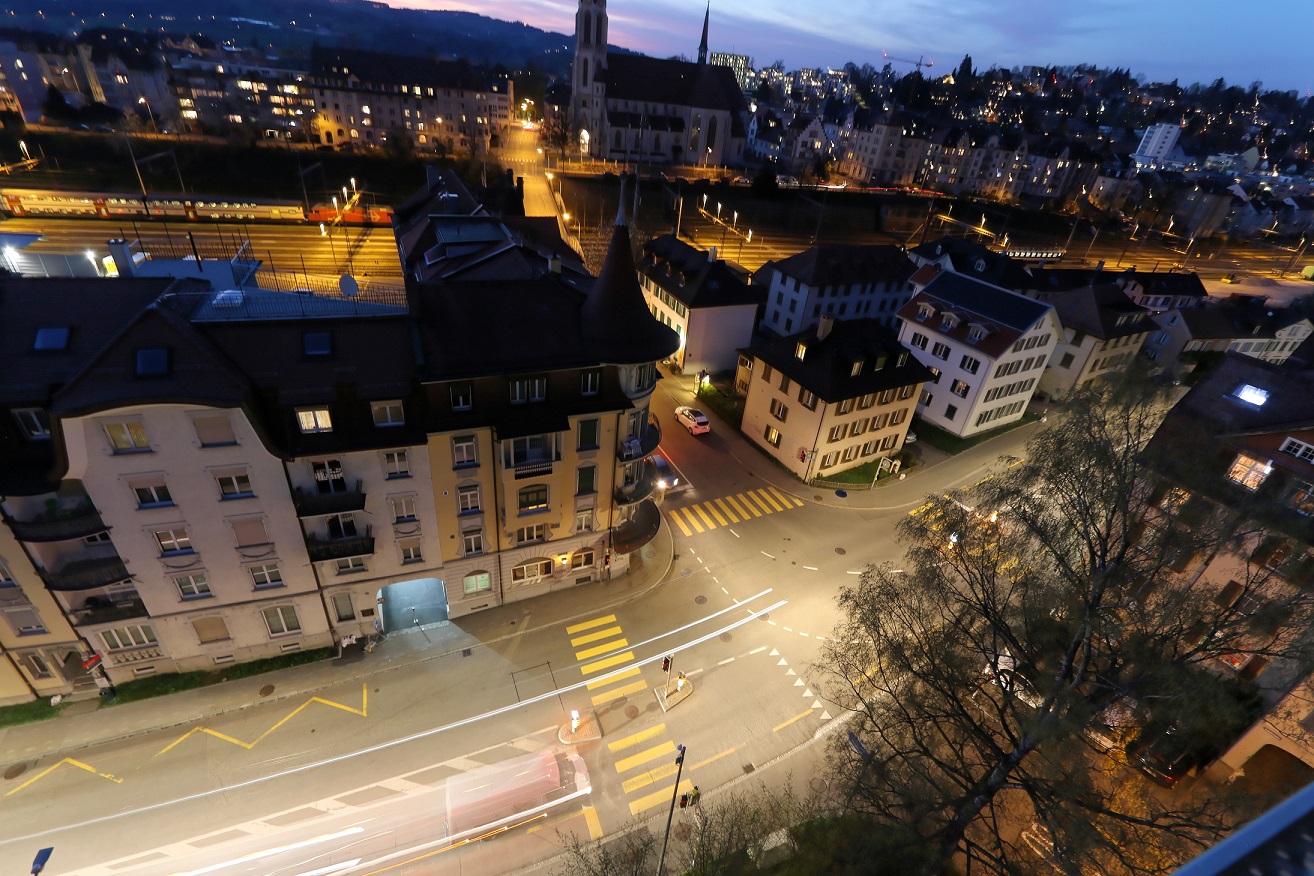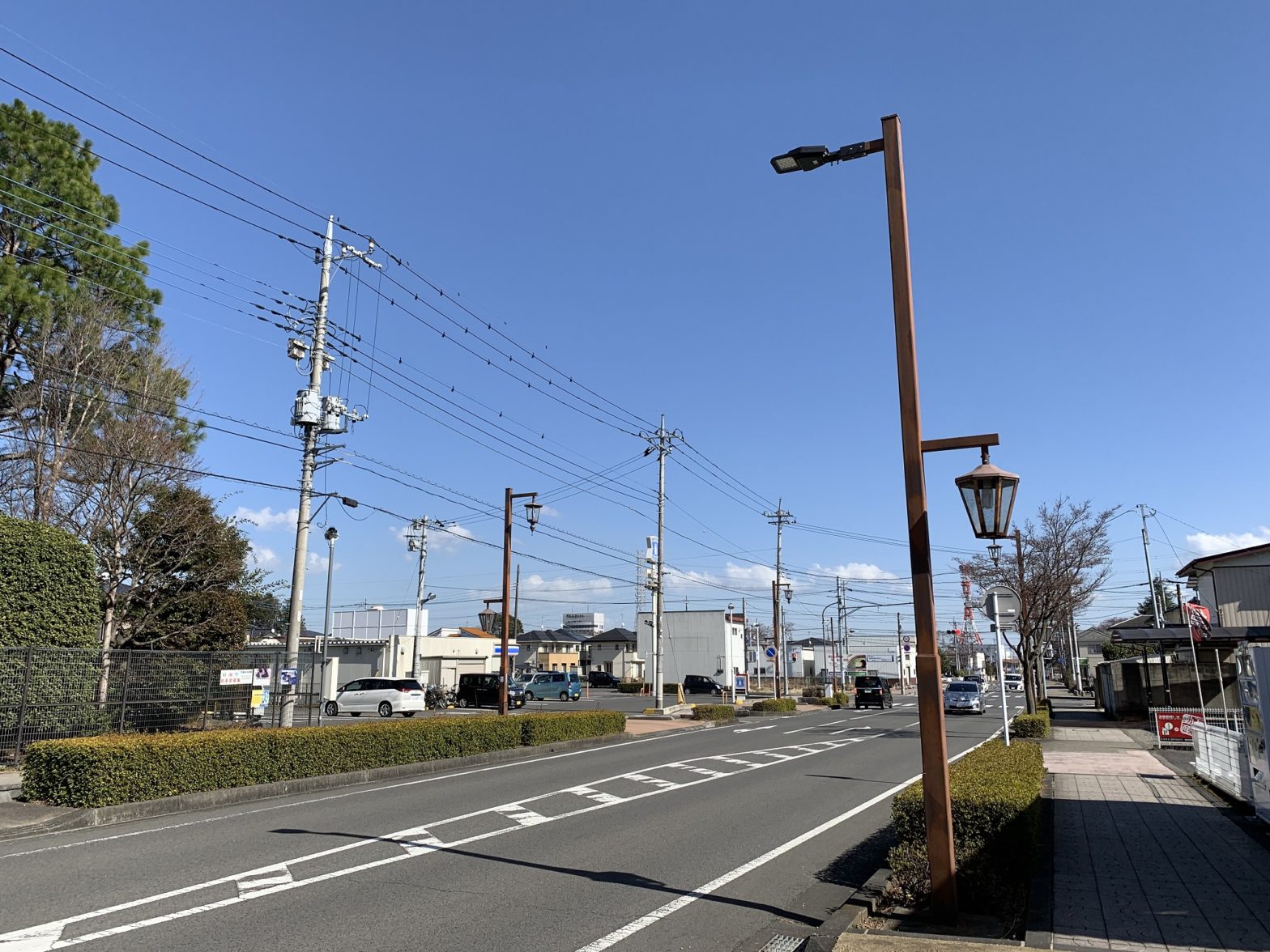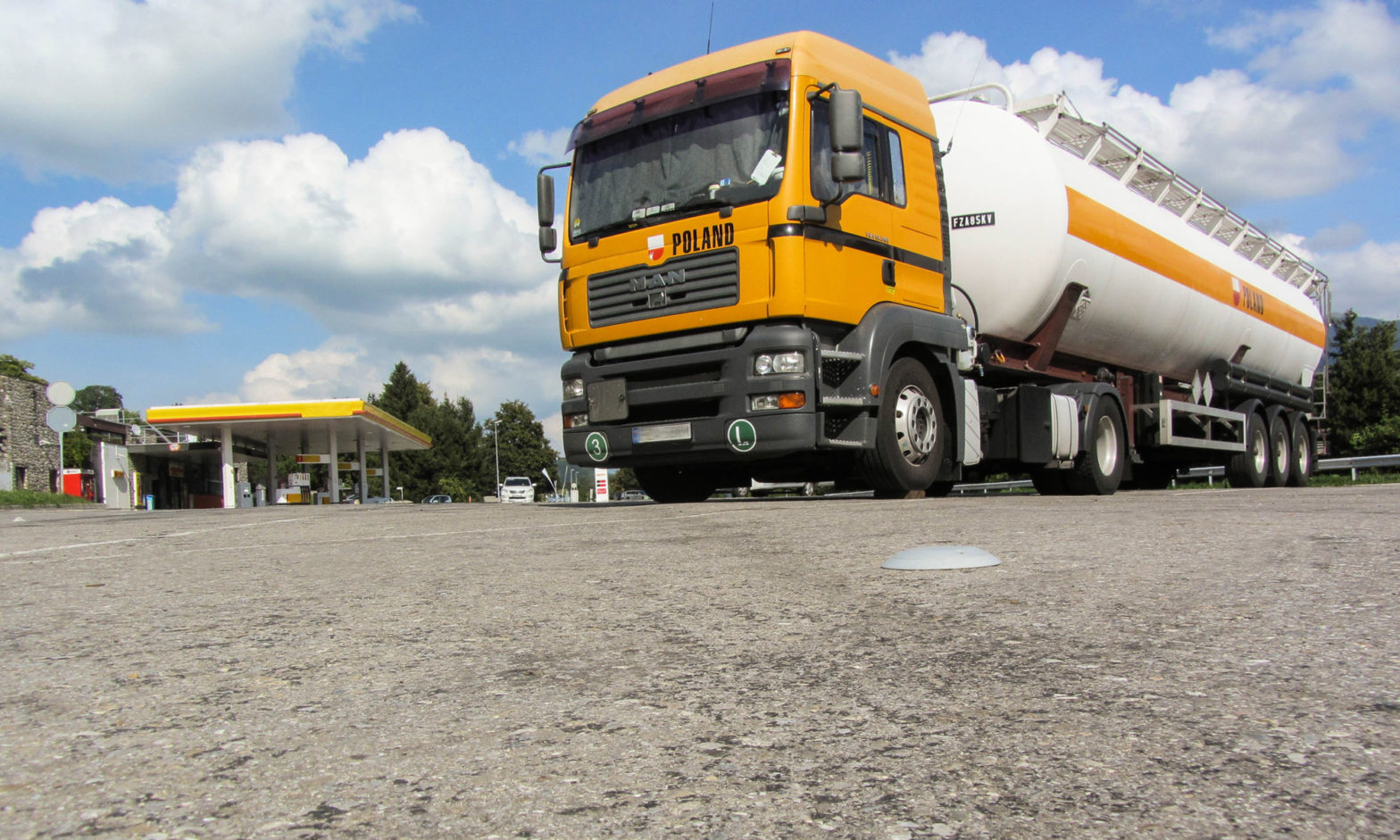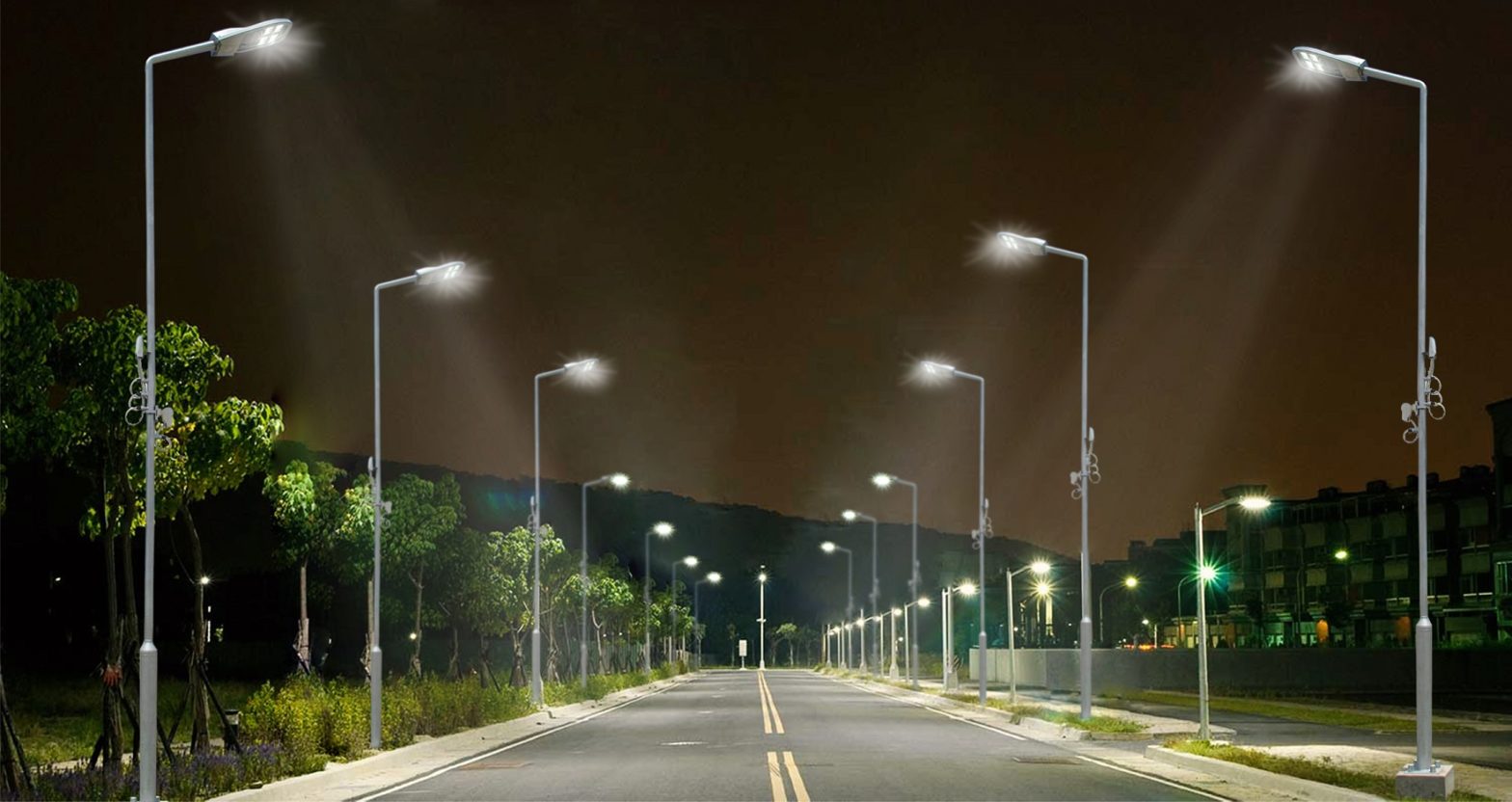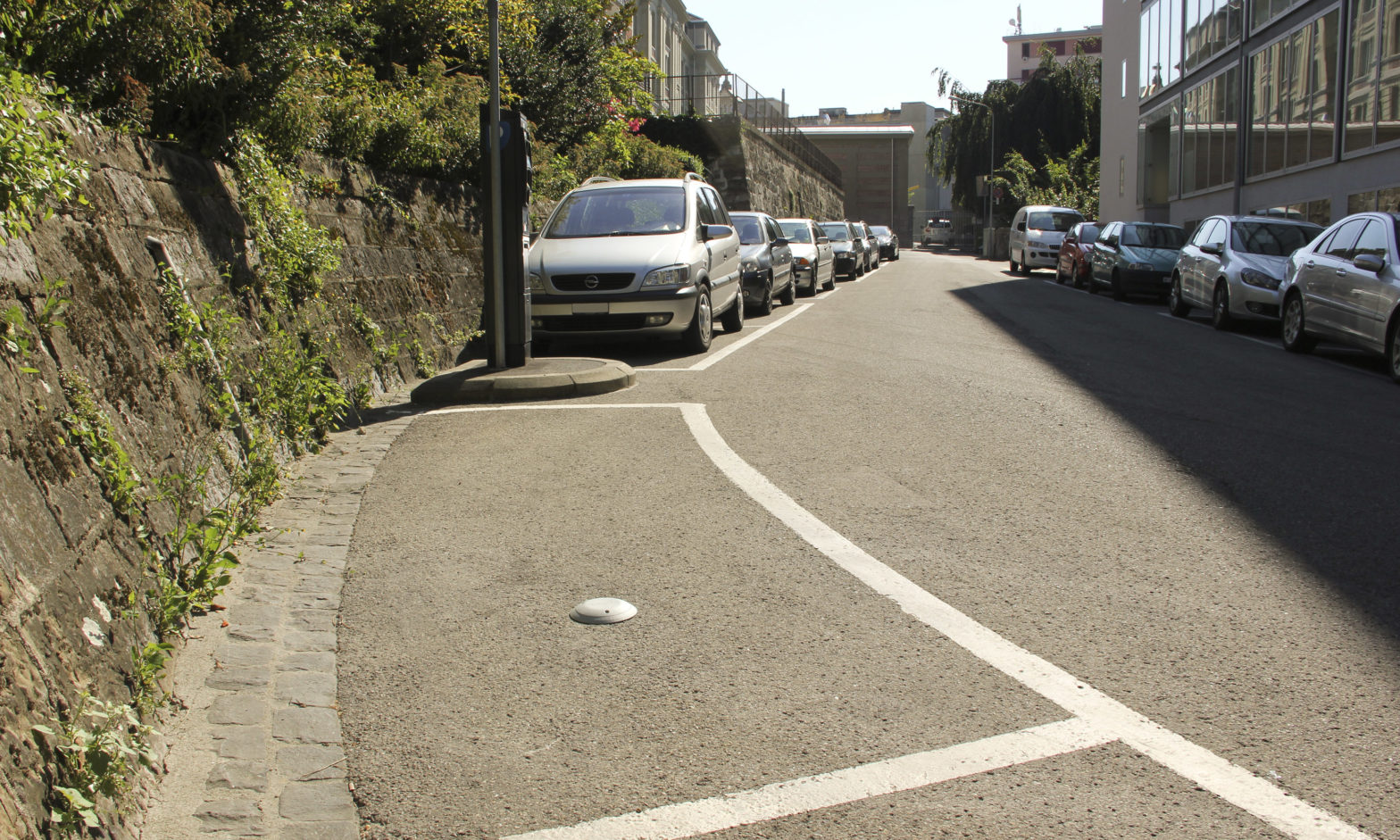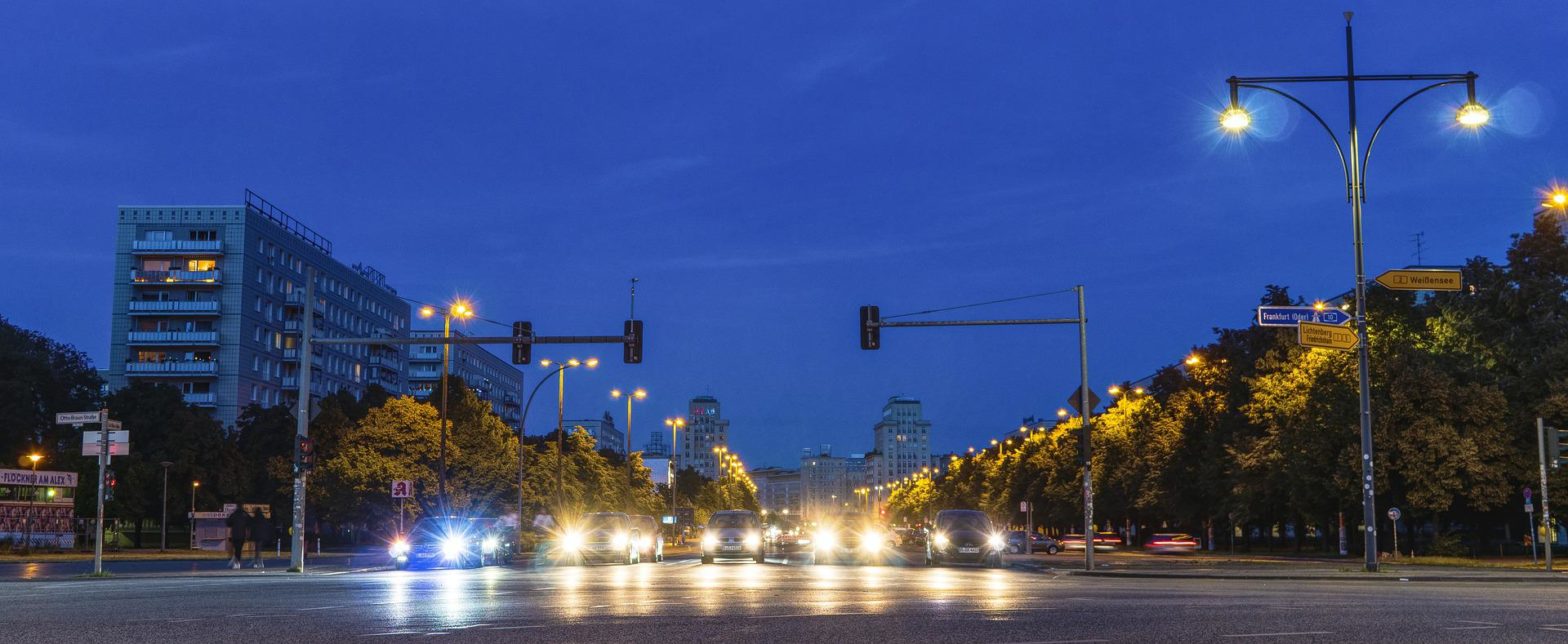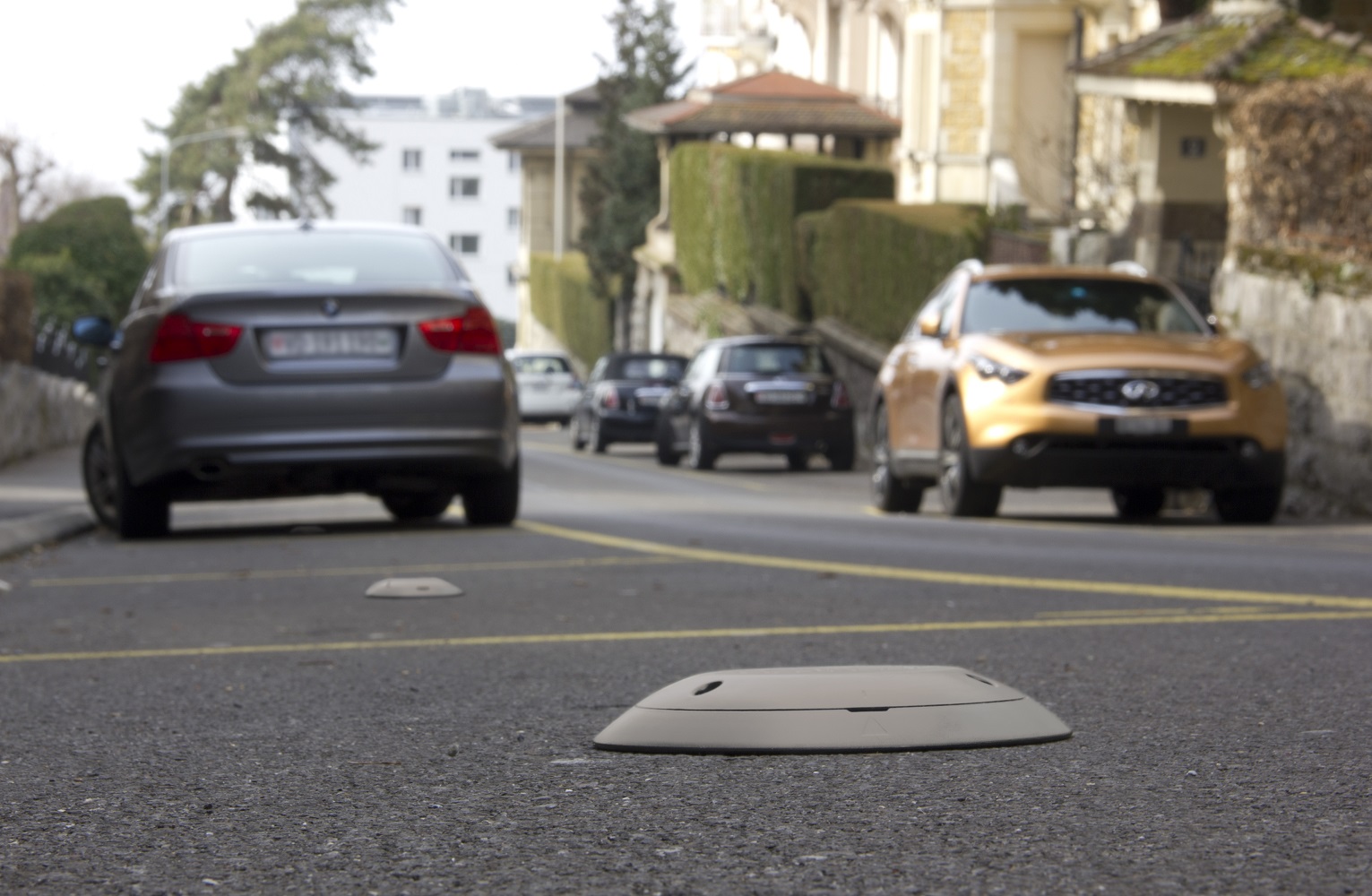
Photo: paradox parking solutions
City mobility: how parking solutions reduce traffic
16 January 2025
Traffic congestion grew globally in 2024 and many cities around the globe experienced double-digit traffic delay growth. According to the recently released 2024 Global Traffic Scorecard by INRIX, Istanbul in Turkey is the most congested urban area of the world: traffic delays surged 15 percent from 2023, with drivers losing 105 hours over the year due to congestion.
The traffic issue is very hot in the US, considering 10 US cities made the top 25 INRIX ranking. Not surprisingly, New York City, Chicago and Los Angeles are the worst conglomerates of the country, where congestion resulted in drivers losing more than 4 billion hours in 2024 nationwide and costs exceeding US$74 billion in extra fuel, lost time and productivity.
London topped the traffic scorecard in Europe, followed by Paris and Dublin. In the UK capital, drivers suffer delays for about 101 hours and costs for £3.85 billion, that means over £940 per person.
While congestion can be an indicator of cities’ business and economic liveliness, it is also a boomerang for its direct impact on air pollution, and the negative contribution to the overall quality of urban life.
In large and middle-sized cities, traffic is mostly caused by work-related downtown trips and freight deliveries, but independent studies estimated that up to 30 percent of urban congestion is due to searching for parking. That’s why city mobility managers are increasingly looking at Smart Parking technologies as effective and easy-to-implement ways to reduce congestion.
Swiss technology company Paradox Engineering developed a robust Smart Parking solution based on wireless vehicle detection sensors. Basically, sensors are installed above or below the ground to monitor free or occupied parking spaces, collecting data that is promptly sent to a central management system. By using data to feed mobile apps, variable message panels or other traffic guidance systems, drivers can be directed to the nearest available space in less time, consuming less fuel, and saving a lot of stress and frustration.
Also, parking operators can leverage the same data to favour underutilised facilities, for instance by setting dynamic pricing schemes. This can help spread out the demand for parking and reduce pressure on downtown or popular areas, with the additional opportunity of promoting other urban mobility systems like public transport, car- and bike-sharing.
Paradox Engineering’s solution fits off-street and on-street car parking, as well as multi-storey parks, and provides a valuable contribution to data-driven urban planning. Parking data helps city planners understand mobility patterns and take forward-looking decisions about infrastructure development, investing in less congested and more liveable urban communities.
About Paradox Engineering
Established in 2005 and headquartered in Switzerland, Paradox Engineering is the Internet of Things (IoT) Excellence Centre of MinebeaMitsumi Group. The company pioneers technologies to implement highly scalable IoT network solutions, from edge devices to management platforms, to control critical public services such as streetlighting, parking management, municipal waste collection, and environmental monitoring. Thanks to intelligent technology solutions, Paradox Engineering strives to unleash opportunities for people and communities, helping the transition towards more liveable, sustainable, and smarter cities.
For further information, please visit Paradox Engineering’s website



